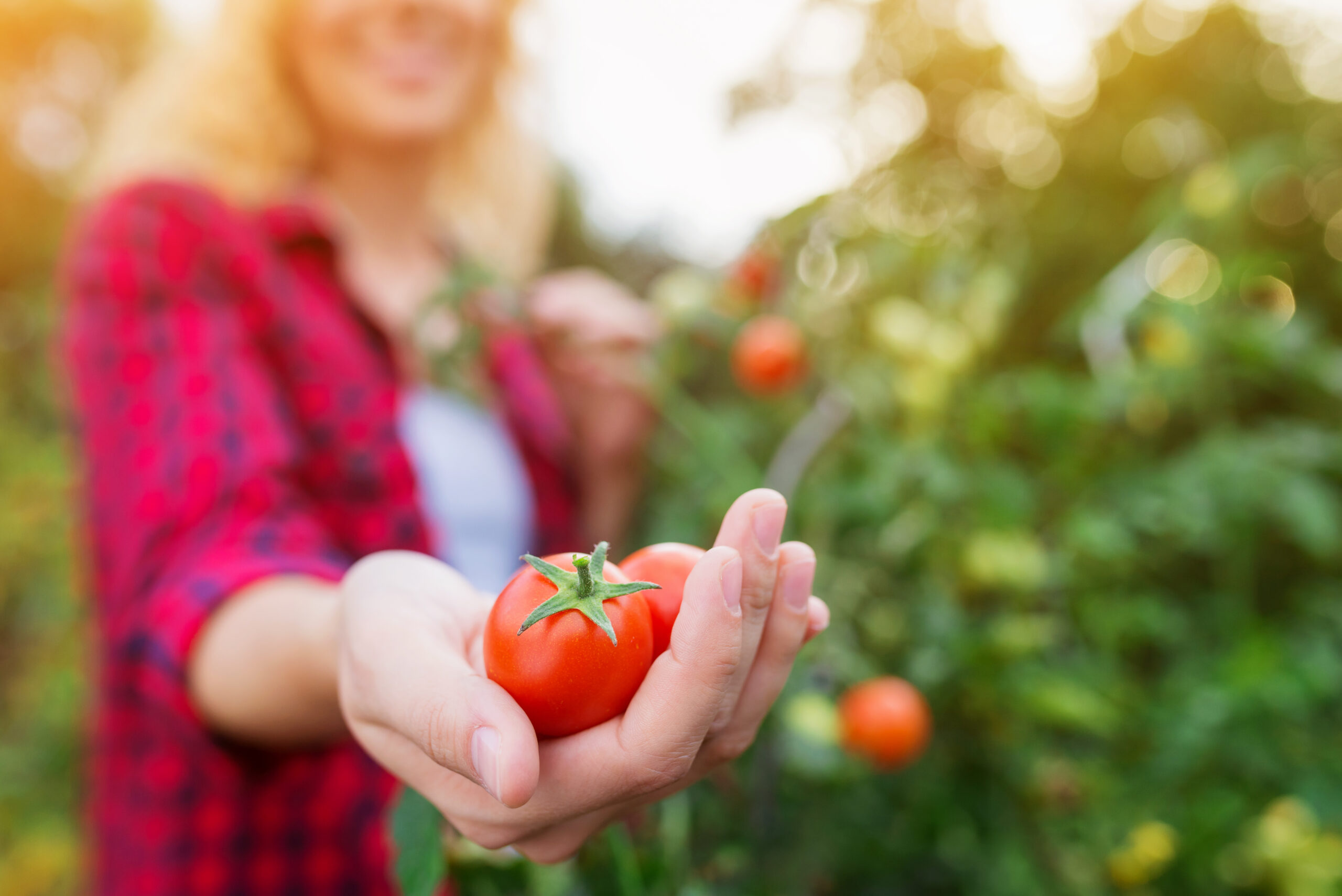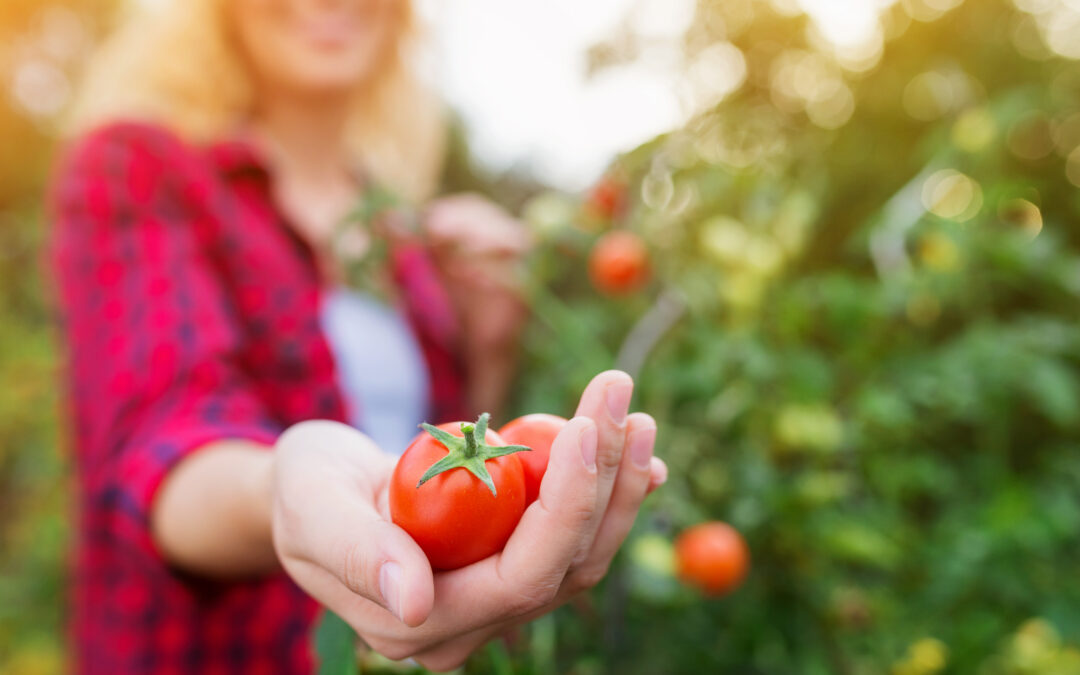Are you ready to start your own organic garden? If so, then this beginner’s guide is just what you need. Organic gardening has become increasingly popular in recent years as more people are looking for ways to grow their own food and live a healthier lifestyle. In this article, we will cover everything you need to know about starting an organic garden, including soil and fertilizer, choosing the right plants, controlling pests without chemicals, and watering and weeding. Let’s get started!

Soil and Fertilizer: What You Need to Know
One of the most important aspects of organic gardening is the soil. Healthy soil equals healthy plants. When selecting soil for your organic garden, look for a mix that contains compost, peat moss, and perlite. These ingredients will help to retain moisture while also providing nutrients for your plants. It’s also essential to choose a soil that is appropriate for the type of plants you plan on growing. For example, if you want to grow vegetables, you may want to opt for a soil that is high in nitrogen.
Fertilizers are another critical component of organic gardening. There are many different types of fertilizers available, but for an organic garden, it’s best to use natural fertilizers such as compost tea or fish emulsion. These fertilizers provide all the necessary nutrients for plant growth without harming the environment.
Choosing the Right Plants for Your Garden
Another crucial aspect of organic gardening is choosing the right plants for your garden. Before you head out to buy seeds or seedlings, take some time to research which plants will thrive in your area and climate. Consider factors like sunlight exposure, temperature, and rainfall when making your selection. Additionally, think about how much space you have and whether you want to grow edibles or ornamentals. Once you have selected your plants, make sure they are certified organic or grown from heirloom seeds.
How to Control Pests Without Chemicals
Controlling pests can be challenging, especially if you don’t want to use harsh chemicals. Luckily, there are several natural methods you can use to keep pests at bay. One effective method is to attract beneficial insects to your garden. Ladybugs, lacewings, and parasitic wasps are all great predators of common garden pests like aphids and mites. Another option is to create a physical barrier around your plants using row covers or sticky traps. Finally, consider companion planting, which involves planting certain crops together that naturally repel pests.
The Importance of Watering and Weeding
Watering and weeding are two essential tasks that must be done regularly in any garden. When it comes to watering, it’s better to give your plants a deep drink once or twice a week than to sprinkle them lightly every day. This encourages deeper root growth and helps prevent overwatering. As for weeding, it’s best to do it early and often before the weeds have a chance to go to seed. Use a hoe or hand tool to remove weeds, and remember to put them in your compost bin instead of throwing them away.
In conclusion, starting an organic garden can be both rewarding and challenging. By following these tips and taking the time to learn about organic gardening practices, you can successfully grow your own fresh produce and beautiful flowers without relying on synthetic chemicals. Happy gardening!



